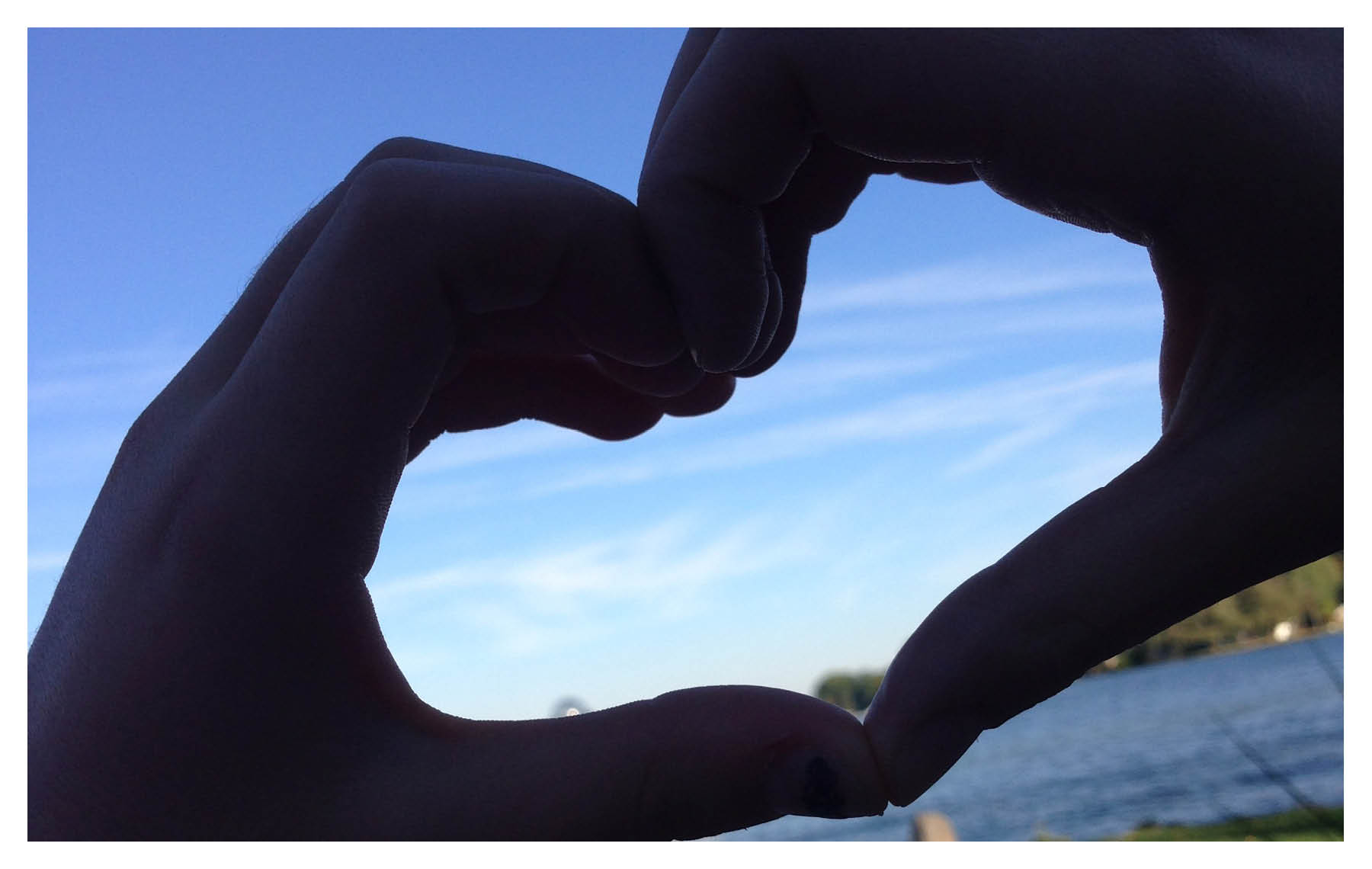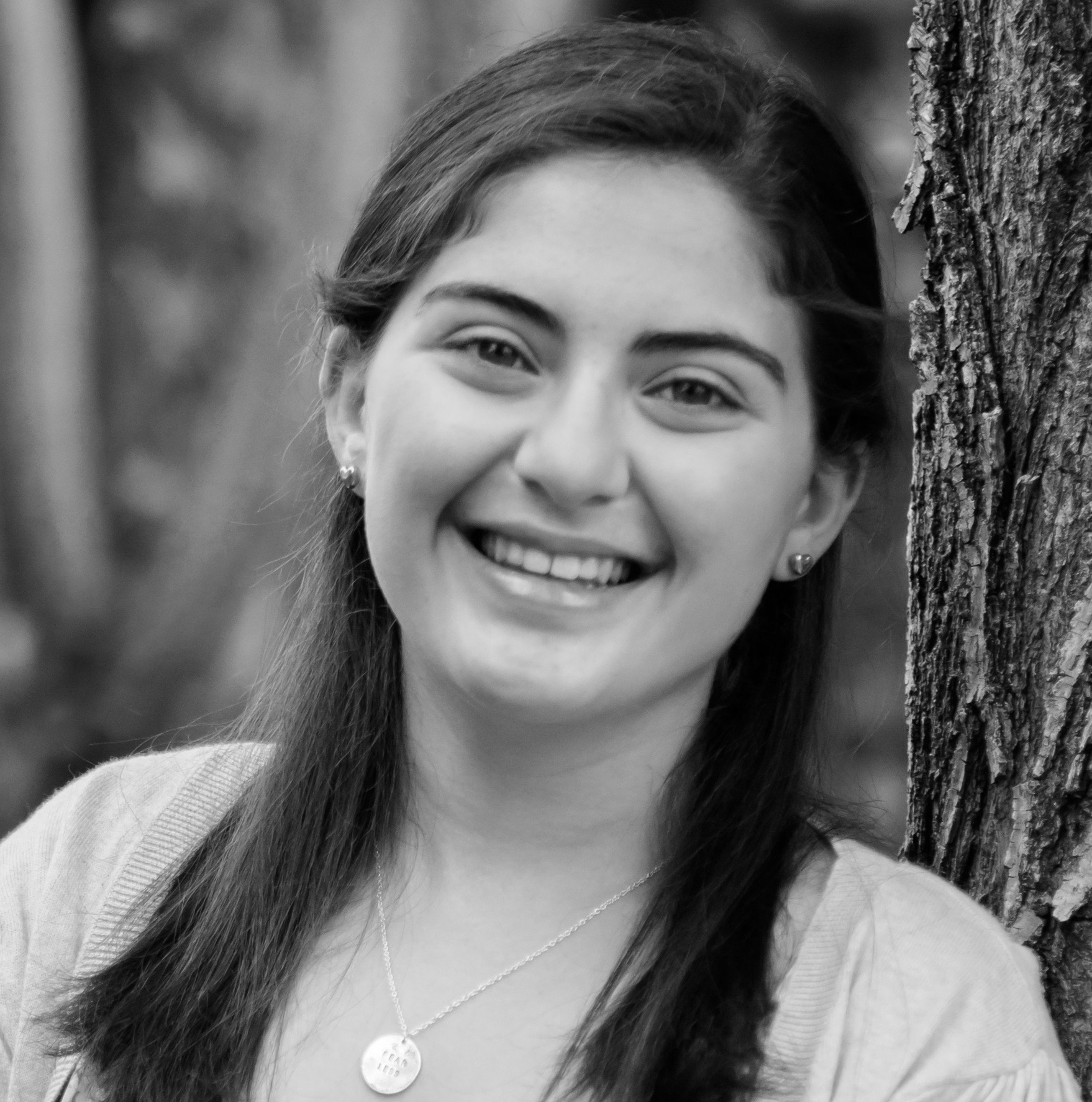 Photo courtesy of Brooke Simtob.
Photo courtesy of Brooke Simtob. There is a lot to know about autism in our society today; I would know, I had to learn after I was diagnosed with autism at 17 years old. There are so many stereotypes and misinformation out there, so I thought I would clear the air.
Hi, I’m Brooke Simtob and I am a freshman at Grand Valley State University. I am going through life like any other college student — and I just happen to be autistic.
Autism Spectrum Disorder is a neurological disorder that is characterized by struggles with social and communication skills, repetitive behaviors and sensory sensitivities. What all these fancy words mean is that autism is when someone’s brain is wired differently than the Average Joe. We can struggle with social skills, like making friends; communicating needs and wants; and doing certain repetitive movements, like rocking back and forth or flapping hands.
Sensory sensitivities mean that an autistic person can sometimes be more sensitive to their surroundings, such as not liking loud noises, being “picky” with food and eating and either seeking or avoiding touch. As this is a spectrum disorder, people can be affected by the struggles in many different ways and in different severities. These differences do NOT make one person’s struggles with autism any less valid than another.
So that is the scientific, “disorder” language that explains autism.
However, autism is much more than deficits. Being autistic means having a different mind than others, which comes with challenges. However, it also can come with great strengths, such as creativity, having bright and out of the box thinking, but with a sometimes-intense focus on a certain thing. This is sometimes called a “special interest” or “obsession,” but it is really just something that we can become really focused and passionate on, leading to great discoveries and creations.
Ellie Hersh, an autistic high schooler from California, explains her experiences being autistic: “[Being autistic] is like being a slightly different species of animal. It’s all fine and nothing’s wrong with you when you’re on your own, but when you interact with all the other animals, all your differences are magnified. Your struggles and abilities just don’t match up.”
Overall, the autistic mind has many challenges to fit in with the outside world, but also great strengths. The best way for an autistic individual to survive and thrive in life is with the right support system set in place along with an accepting community beside them.
My whole life I was told to “fit in” in order to make friends. This is not how this should work. Instead of teaching the autistic kids to “fit in” to make friends, teach their neurotypical peers how to interact and accept those with neurological differences. The more acceptance and understanding there is at a young age, the more grown adults in the future will be accepting and understanding. Keep teaching acceptance to the world around you and everyone will be better off that way.
Chris Bonnello, a former special education teacher in England, has become an autistic advocate and speaker after being diagnosed with autism later in his adult life. He explains in his Facebook blog, “Autistic Not Weird,” the problem with telling autistic people to “fit in.”
“Sometimes, autistic brains are neurologically more susceptible to anxiety issues. But sometimes they’re not,” Bonnello said. “Sometimes, anxiety is just a standard human reaction to growing up being made to believe you are wrong. That your way of experiencing the world is wrong. That we need to find a cure, because your very existence is wrong. Personally, my anxiety issues aren’t some kind of neurological child of my autism. My anxiety was done to me, by those who made me believe I wasn’t good enough.”
“I wish the world knew autistic people have a harder time dealing with the world than the world dealing with autistic people,” – Jessica Elkins
Florida high schooler, Jessica Elkins, has also struggled with being forced to “fit in” with society because she is autistic.
“I wish the world knew autistic people have a harder time dealing with the world than the world dealing with autistic people,” Elkins said.
Today, not everyone is always accepting or understanding of differences, and I have definitely experienced this throughout my life. My peers in high school would tease me for rocking in my chair when I was anxious, and for asking questions in class when the lesson was going too fast for me to follow. My quirks and differences left me friendless for most of middle school and high school. We need a more accepting world where all people, autistic or not, are accepted for who they are.
I have been told my whole life to be something that I am not. My best advice to anyone, regardless of diagnosis, but especially for the autistic people out there, is: be you. Do exactly what you are doing. People will judge, people will stare, but those aren’t the people you want to be friends with anyway. Find the right people, the people that get you and listen to you, the people worthy of getting to know you because they care. You are loved and you are worthy, exactly the way that you are.
Remember to spread kindness and acceptance like confetti. There will be people out there who are different than you, but this does not make them any less human. Accept those who have differences with an open heart and an open mind.
I wish the world knew that autistic people are people at our core, not some alien species that needs to be shunned from society just because we act a little quirky and different. As people, we still crave love and belonging.
Learn more about autism at Autistic Self Advocacy Network, Art of Autism, Autistic Not Weird, and The Autistic Women and Nonbinary Network.
Brooke Simtob is a freshman at Grand Valley State University, in Grand Rapids, Mich. and an autism advocate.























 More news and opinions than at a Shabbat dinner, right in your inbox.
More news and opinions than at a Shabbat dinner, right in your inbox.